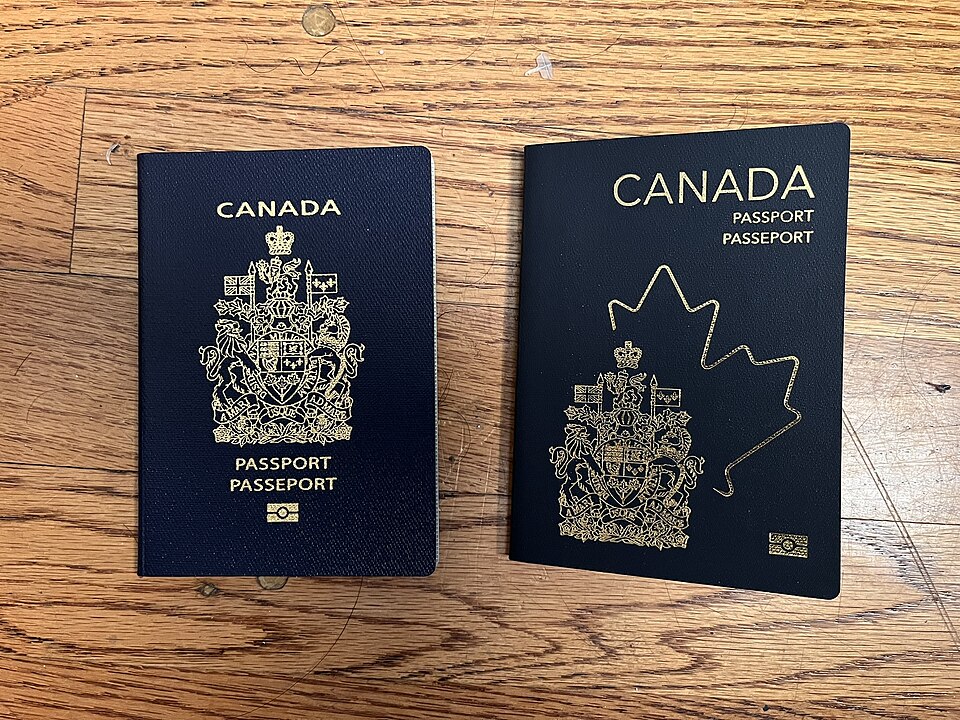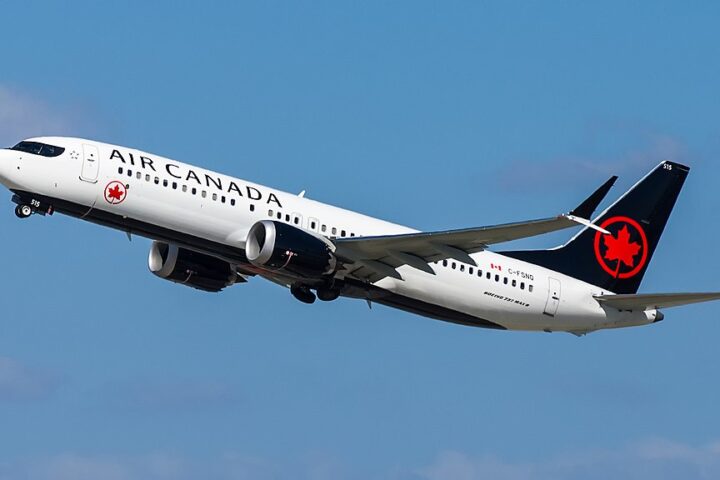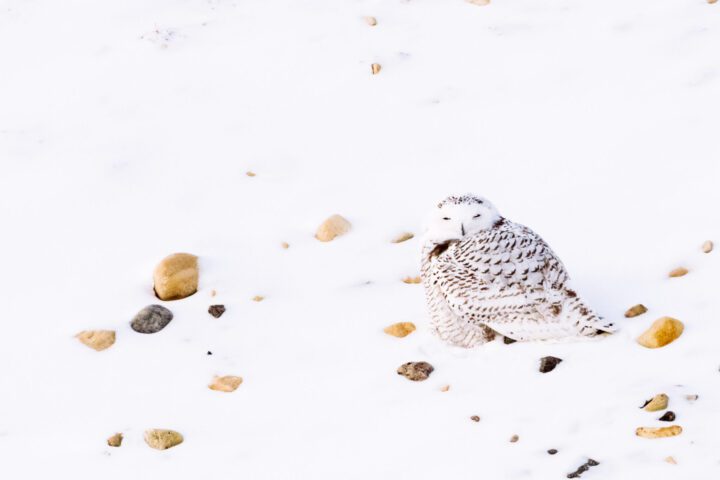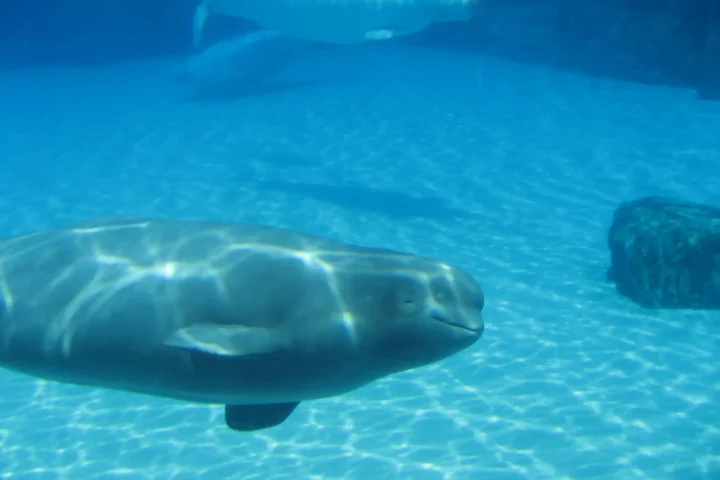Canadian snowbirds could soon enjoy longer stays in the United States thanks to new legislation working its way through Congress. The Canadian Snowbird Visa Act would let Canadians over 50 stays up to eight months instead of the current six-month limit.
Representatives Elise Stefanik from New York, Laurel Lee from Florida, and Greg Stanton from Arizona introduced this bill together in late April 2025. These states see thousands of Canadian visitors each winter who come south to escape cold weather.
Right now, Canadians can stay 180 days per year. The new law would add 60 more days, bringing the total to 240 days. That means snowbirds could spend eight full months in their favorite warm spots.
You need to be at least 50 years old to qualify. You also need to own or rent homes in both Canada and the United States. Your spouse gets the same deal, even if they don’t own American property themselves.
There are rules though. You still can’t work for American companies or get government benefits. You won’t become a U.S. tax resident either – you’ll keep the same tax status you have now.
Money talks in this debate. Canadian snowbirds spend around $5 billion each year in America. Greater Palm Springs alone saw Canadians spend $236 million in a 2017 study. These visitors help keep businesses going during the slower winter months.
Fewer Canadians have been coming south lately. Canadian residents driving back from the U.S. dropped 32% this past March compared to last year. Political tensions and new travel rules have made some Canadians think twice about heading south.
Taxes get tricky with longer stays. Spend too many days in America and you might owe taxes here on top of what you pay in Canada. The math involves counting days over three years, and it can get complicated fast.
Health coverage worries many snowbirds. Most Canadian provinces require you to spend at least half the year at home to keep your health insurance. In Ontario, you need 153 days minimum. Extended American stays could put your coverage at risk.
Similar Posts
Insurance companies usually limit overseas coverage to six months. Snowbirds would need to check their health and car insurance carefully. Some might need extra American coverage for longer trips.
Canadian seniors groups have mixed feelings. Some think the law mainly helps wealthy people who can afford two homes. Others worry Canada might lose tax money and tourism dollars.
The Canadian Snowbird Association likes the idea. They’ve pushed for longer stays for years. But they don’t like new rules requiring Canadians to register with the government for stays over 30 days.
Real estate could see changes too. More Canadians might buy or rent in Florida and Arizona if they can stay longer. Canadian buyers already spend billions on American homes each year. But some have been selling recently because of money concerns and political issues.
The bill numbered H.R.3070 has a long way to go. House committees need to review it first. Then the full House votes. After that comes the Senate. A similar bill called the Canadian Snowbirds Act of 2023 is already moving through the Senate side.
Immigration experts note the bill could provide helpful flexibility for Canadians with strong ties to both countries. The idea is to boost business between America and Canada while helping people who split their time between both places.
Not everyone agrees though. Critics worry about lost Canadian tax revenue and strained healthcare systems. Supporters point to the billions in American spending and stronger ties between neighbors.

The final law might look different than what’s proposed now. Both sides will likely push for changes to address concerns about healthcare, taxes, and economic effects. The key question remains whether Canadian snowbirds will get those extra two months of sunshine they’ve been wanting.
For now, it’s wait and see. But many snowbirds are hopeful they’ll soon have time to enjoy their favorite American destinations without worrying about overstaying their welcome. Canadian snowbird Visa May Extend U.S Stays to 240 Days.


















